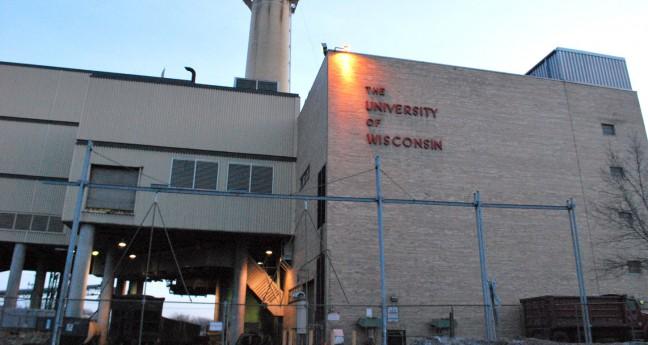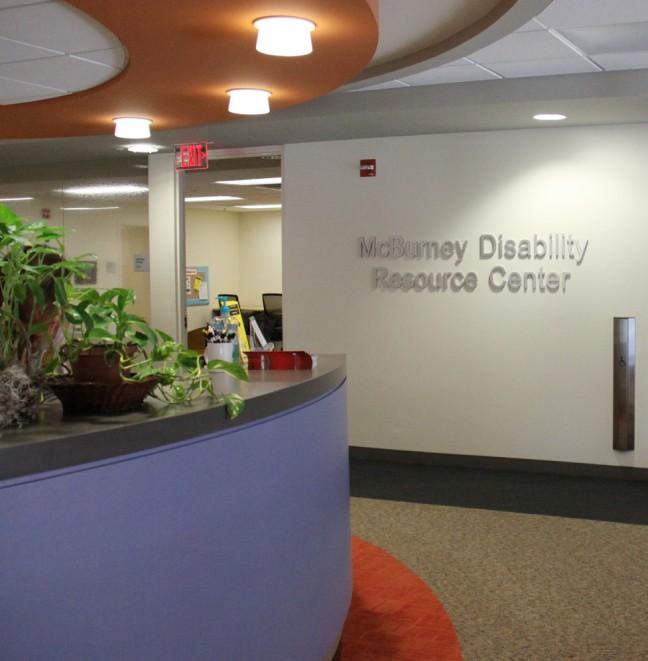On March 5, the community of Oak Creek woke up to a layer of coal dust covering their homes, playgrounds, yards and threatening to fill their lungs. The coal dust came from the Oak Creek/Elm Road coal plants next to their community.
Madison residents should be concerned about the happenings in this community because Madison Gas and Electric (MGE) co-owns the Elm Road plant. This utility has a monopoly over electricity in the Madison area and supplies energy to much of Madison, including our university campus. According to the World Health Organization, there is no such thing as a safe threshold for coal dust — a single exposure can have serious consequences yet this community is consistently exposed to coal dust. Our energy is impacting our Oak Creek neighbors.
As a student who cares deeply about the environment and environmental justice, knowing my education is being supported by dirty and detrimental practices casts a shadow on my experience at this university. As home to Aldo Leopold and John Muir, two influential figures in the development of environmentalism in America, Madison has a long history at the forefront of environmental progress.
The current situation in Oak Creek illustrates another turning point for the university — a time to show that administrators are listening to their students and are aware of the very local consequences of burning fossil fuels.
The Wisconsin Idea says that the University of Wisconsin should solve problems and improve health, quality of life, the environment and agriculture for all citizens of the state. Our dependence on fossil fuels is leading us away from this idea. Taking action now could turn the tables and realign us with our environmental legacy and the Wisconsin Idea.
Coal-fired power plants, like the Elm Road plant in Oak Creek, are the main suppliers of energy to MGE. Between the Elm Road Coal Plant, the Columbia Coal Plant and the energy purchased off of the grid, around 60 percent of MGE’s energy mix is coal: around 50 percent of said coal production comes from the aforementioned plants, while an additional 10-12 percent is credited to off-grid energy sources.
There are many dangers of burning fossil fuels, impacting human health as severely as environmental health. It is not unfounded that burning these fuels leads to air and water pollution. Lesser known, though equally relevant, are the effects on humans that can be directly tied to burning fossil fuels. Proximity to coal power plants is associated with increased prevalence of respiratory disease and exacerbate symptoms of asthma. With these detrimental factors in mind, MGE’s energy mix numbers are unacceptable, especially when considering technological advancements and the mass of research that explicates these dangers of burning fossil fuels.
Renewable energy has never been more economically feasible than it is today and the lack of progress by our university on its procurement shows complacency with our energy supplier and its sources of energy.
While MGE must operate within a state system that is hostile toward renewable energy, other utility companies with similar barriers have successfully prioritized cleaner sources of energy. For example, MidAmerican has a goal of 100 percent renewable and Xcel Energy has a goal of 60 percent renewable by 2030.
The goals from these utilities put MGE’s meager goal of 30 percent renewable by 2030 to shame.
Bill would no longer require state agencies to purchase renewable energy
As a prominent MGE customer, the University of Wisconsin-Madison has an incredible opportunity to set itself apart from its higher education peers as an institution that takes notice of such environmental injustice and takes a stand against it. A community is suffering from severe and negative health effects at the expense of an outdated and dirty energy source. The economically responsible and socially just decision is to pursue renewable energy sources.
Students at UW have begun organizing around the cause, pressuring administrators to tap into their humanity and take advantage of this opportunity to show that UW will not tolerate injustice.
Recently, a group of dedicated student leaders got together and formed Campus Leaders for Energy Action Now, a coalition of environmental organizations whose main goal is to get the university to commit to 100 percent clean energy by 2030. In talks with administrators as well as energy policy and procurements experts, the students’ goal has been reaffirmed repeatedly. Reaching this goal is possible and necessary.
Until the university can declare that we are using 100 percent clean energy to power our buildings, we are responsible for the negative health impacts the residents of Oak Creek are experiencing.
Leah Johnson ([email protected]) is a junior majoring in biochemistry and environmental studies. She is also Sustainability Chair of ASM and co-founder of Campus Leaders for Energy Action Now.





















